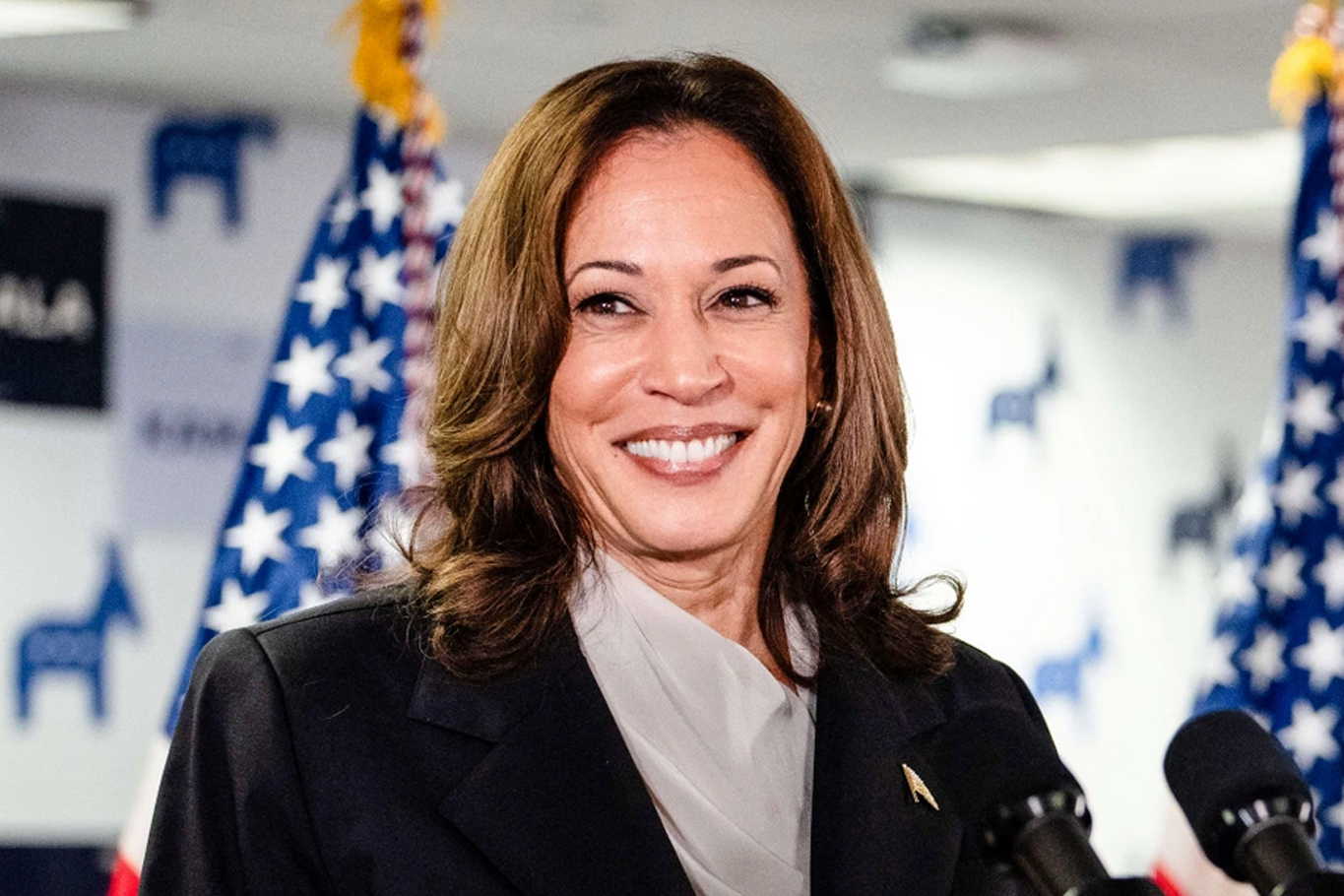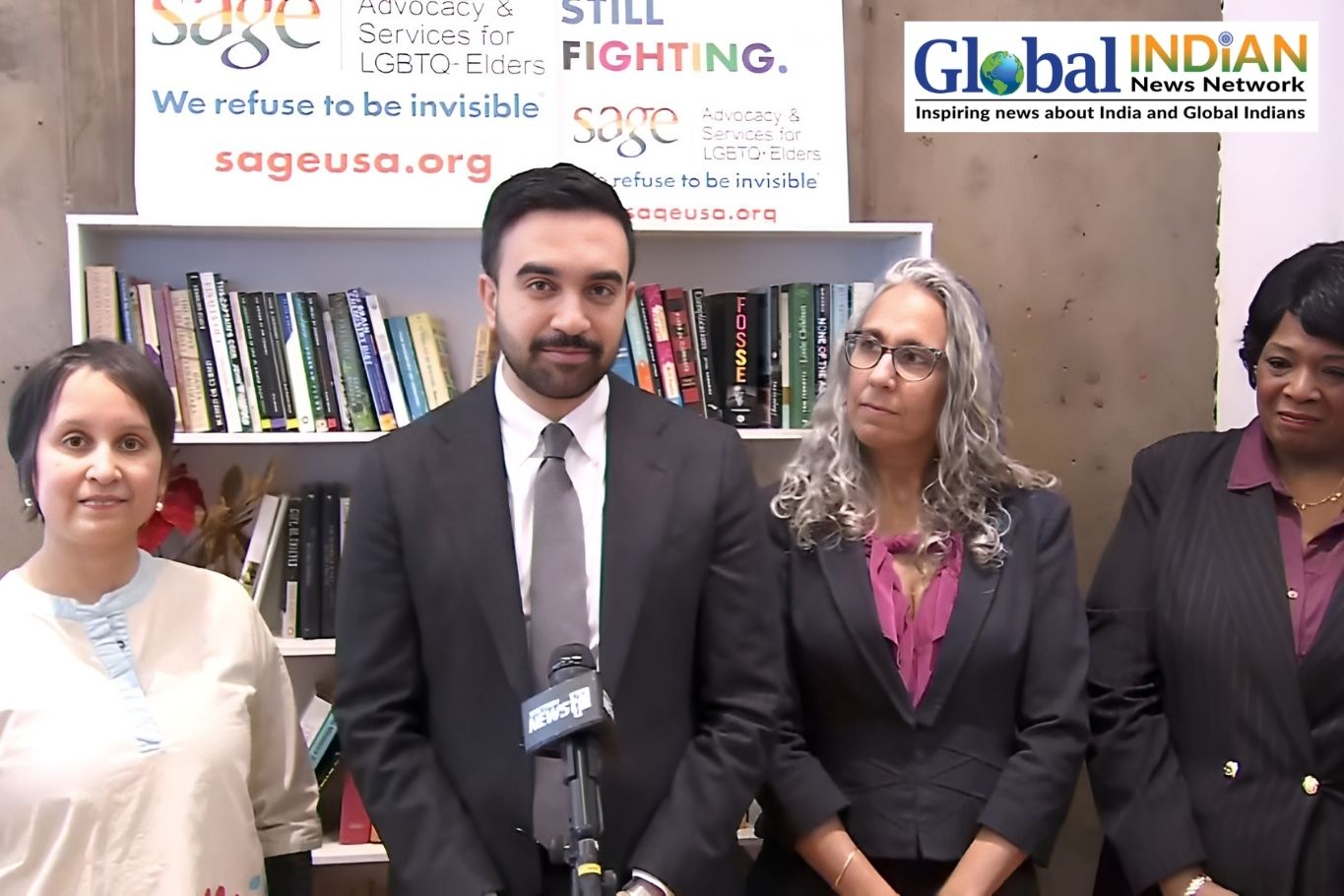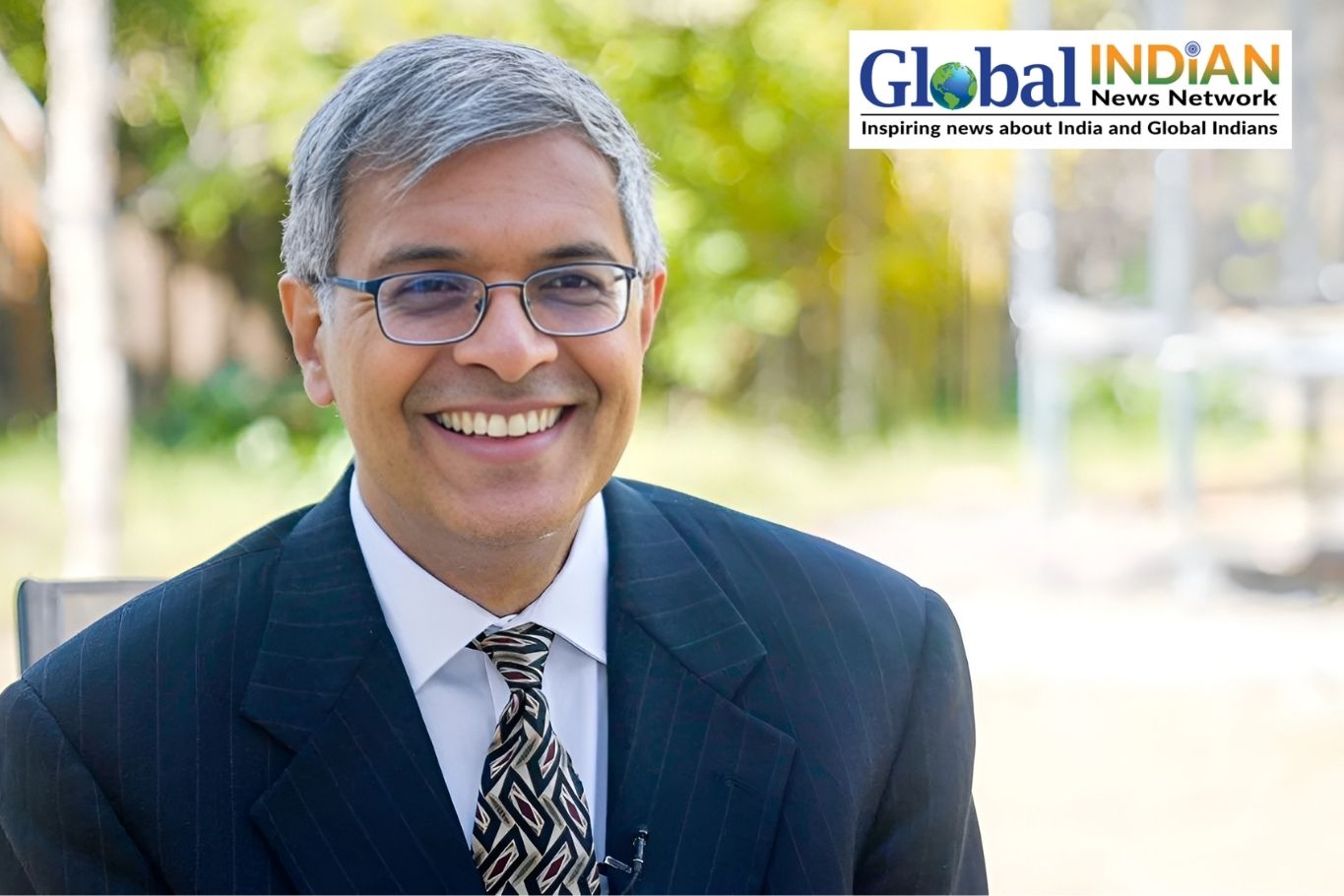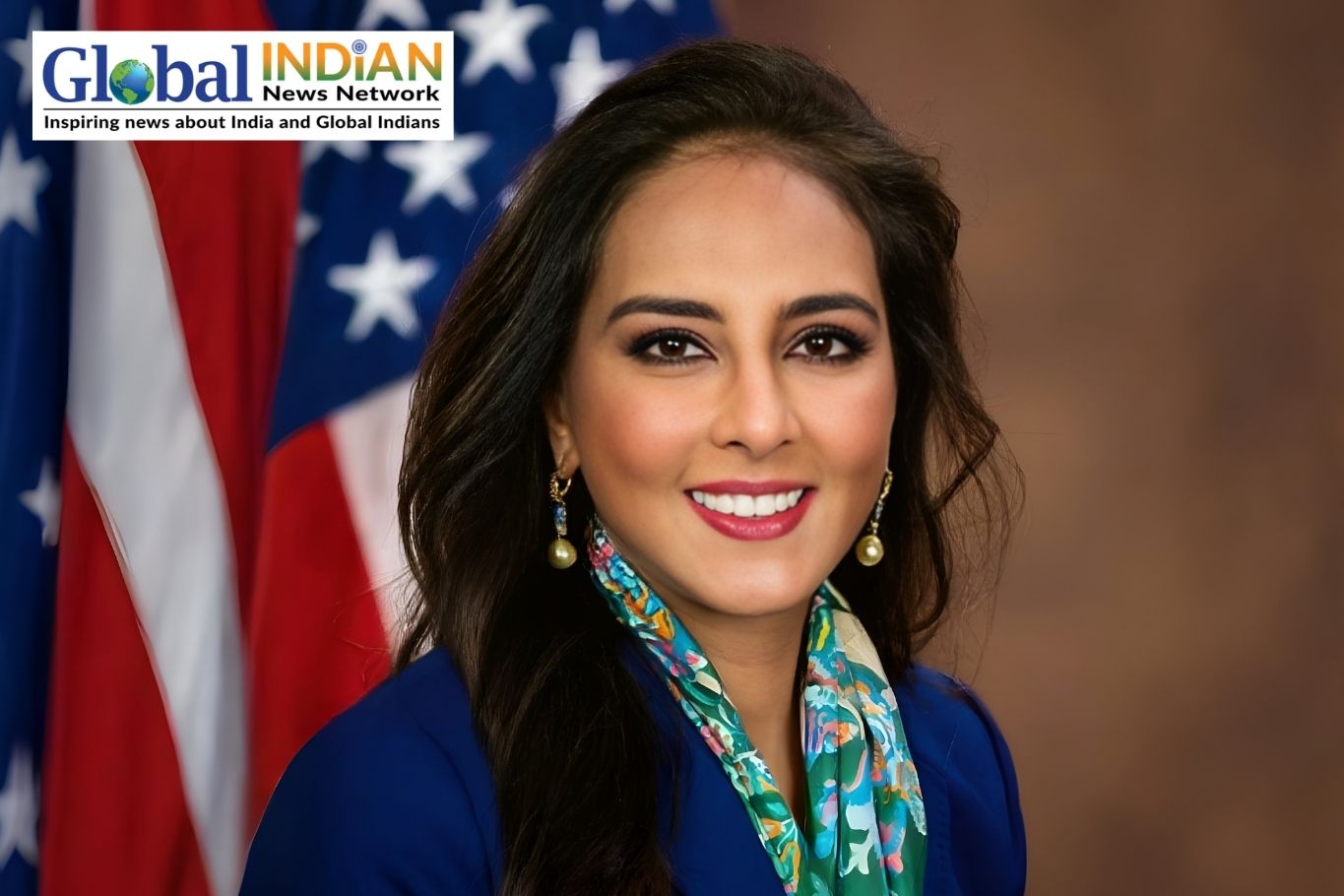 With just three weeks remaining until the pivotal US Presidential Elections, Kamala Harris and Donald Trump are fiercely competing for victory. In Pennsylvania, a crucial swing state, Trump held two rallies earlier this week, while Harris enlisted the help of former President Barack Obama to rally support for the Democrats. Recent polls indicate an exceptionally close race, with varying leads for both candidates across different surveys.
With just three weeks remaining until the pivotal US Presidential Elections, Kamala Harris and Donald Trump are fiercely competing for victory. In Pennsylvania, a crucial swing state, Trump held two rallies earlier this week, while Harris enlisted the help of former President Barack Obama to rally support for the Democrats. Recent polls indicate an exceptionally close race, with varying leads for both candidates across different surveys.
Cameron Kerry, a professor at the Brookings Institution, emphasized that this election is shaping up to be “extremely tight,” with either Harris or Trump having the potential to secure the presidency. In an interview with ANI, Kerry noted that although the initial momentum seemed to favor Trump, Harris has managed to narrow the gap significantly, especially following her strong performance in the second presidential debate.
“It’s a very close contest. A Wall Street Journal poll aptly described it as ‘Even, Steven, tight, tight, tight.’ This has been a consistent trend throughout the campaign. Harris has effectively reversed the narrative from Trump’s advantage. The political landscape in America remains deeply polarized, with both parties clashing over narrow issues. It’s anyone’s game, but the debate had a notable impact, highlighting Trump’s diminished performance compared to earlier in his career,” Kerry explained.
Kerry, who serves as the Ann R. and Andrew H. Tisch Distinguished Visiting Fellow at Brookings, is a recognized expert in areas like privacy and artificial intelligence. He also pointed out that turnout will be critical in the final weeks, as candidates strive to energize their supporters and optimize ground operations in battleground states.
Kerry further stated that both domestic issues like immigration and foreign policy significantly influence voter decisions. He observed that various communities prioritize different matters, including ongoing conflicts in the Middle East and Ukraine.
Trump has consistently criticized the Democrats, arguing that the Biden administration has diminished the US’s stature on the global stage. He claims that had he been in office, the conflicts in both regions would not have escalated, vowing to resolve them if re-elected.
“Voters typically prioritize their perceived needs, particularly economic and domestic concerns like immigration. However, foreign policy also plays a crucial role in shaping perceptions of leadership and safety, impacting specific issues for distinct communities, especially concerning the Gaza conflict and Ukraine. Trump advocates for an America-first approach, while the Biden administration seeks to restore international alliances,” Kerry remarked.
Kerry also highlighted the abortion issue, a contentious topic in American politics, suggesting that the promise of preserving abortion rights could bolster Democratic support, reminiscent of its effect during the 2022 midterm elections. He observed the current gender disparity in politics, highlighting that women are increasingly aligning themselves with the Democratic Party.
Both Biden and Harris have committed to restoring abortion rights, while the Republican stance continues to oppose them. Trump’s running mate, JD Vance, has taken an even more stringent position against abortion.
Regarding Trump’s numerous legal challenges, Kerry expressed skepticism about their impact on his voter base, indicating that many Trump supporters remain loyal. However, he acknowledged that some moderate voters might be troubled by the former president’s legal issues.
“It’s remarkable. Trump has maintained a steadfast support base, even claiming he could commit serious crimes without losing voter confidence. He has proven that point as he continues to raise funds despite multiple indictments. Yet, he is the first former president ever to be convicted of a crime, which could alienate some moderate voters, especially those within the Republican Party who have publicly declared he is unfit for office,” Kerry stated.
Trump faces a total of 91 felony charges across four criminal cases, including allegations of election interference and mishandling classified documents, all of which he dismisses as politically motivated attacks.
Kerry believes Harris’s Indian heritage could be a significant advantage, potentially attracting substantial support from the Indian-American community, which he describes as increasingly influential in various sectors.
“I think her background is definitely a plus. The Indian-American community is vital and excited about her candidacy. They have made significant strides in fields like technology and business, influencing American society in meaningful ways,” Kerry commented.
Former President Trump aims for a historic comeback after his contentious departure from the presidency in 2020. Should he succeed, it would mark the first time in over a century that a president serves two non-consecutive terms. Meanwhile, Vice President Harris, who made history as the first female, first Black, and first Asian American vice president, could become the first woman to hold the office of the presidency if elected.
The US presidential elections are set to take place on November 5.









